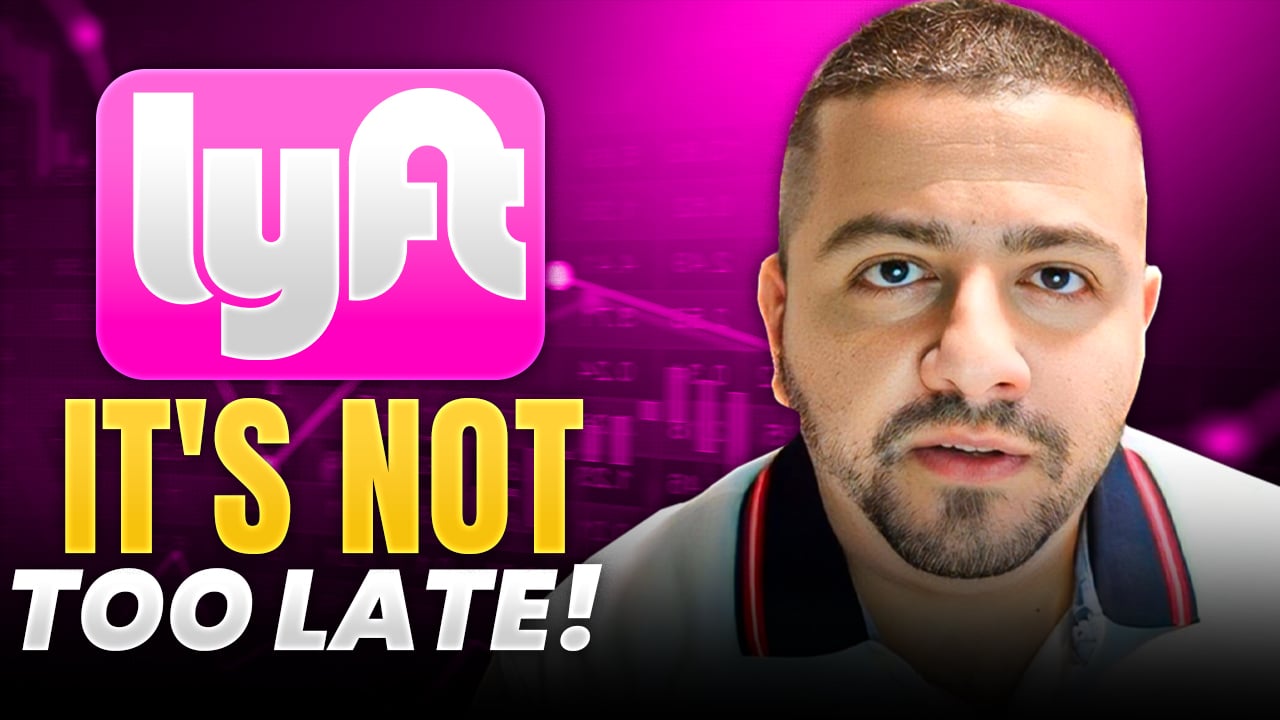Ridesharing top dog Uber finally dropped its S-1 registration statement with the SEC yesterday, giving public investors the first glimpse of its financials just a couple weeks after rival Lyft (LYFT +3.08%) hit the public markets. Uber has always been the much larger player, but now we know just how much larger its platform is. Lyft only operates in two countries, the U.S. and Canada, while Uber operates in 63 countries around the world.
Uber has nearly five times as many users as Lyft.

Image source: Uber.
91 million and counting
First off, there is a slight difference in how each company defines its users. Lyft calls its users active riders, and a user just has to take at least one ride during a quarter to qualify as such. In contrast, Uber refers to its users as monthly active platform consumers (MAPCs), and those users can have either completed a ride or received a meal delivery from its Uber Eats service an average of once per month throughout a given quarter.
At the end of 2018, Lyft had 18.6 million active riders and Uber had 91 million MAPCs. Of those MAPCs, over 15 million had received a meal from Uber Eats during the fourth quarter, according to the IPO filing. In terms of drivers, Lyft had 1.1 million while Uber had 3.9 million in the fourth quarter.

Data source: SEC filings. Chart by author.
Naturally, Uber facilitates far more rides than its smaller rival -- 1.5 billion trips in the fourth quarter compared to Lyft's 178 million. In one quarter, Uber delivered more trips than Lyft has in its lifetime (Lyft hit 1 billion cumulative rides in September). Note that Uber trips also include Uber Eats meal deliveries and e-scooter rentals. Lyft rides similarly include e-scooter rentals, but it does not operate a meal delivery service.
Risky business
It's worth noting that Uber is also concerned about its drivers committing crimes. Horror stories about ridesharing drivers for both Uber and Lyft are unfortunately all too common, and Uber specifically lists these incidents in its section detailing the risk factors it faces. Lyft has a similar section in its prospectus, too.
"If Drivers or carriers, or individuals impersonating Drivers or carriers, engage in criminal activity, misconduct, or inappropriate conduct or use our platform as a conduit for criminal activity, consumers and shippers may not consider our products and offerings safe, and we may receive negative press coverage as a result of our business relationship with such Driver or carrier, which would adversely impact our brand, reputation, and business," Uber writes in the filing. "There have been numerous incidents and allegations worldwide of Drivers, or individuals impersonating Drivers, sexually assaulting, abusing, and kidnapping consumers, or otherwise engaging in criminal activity while using our platform."






